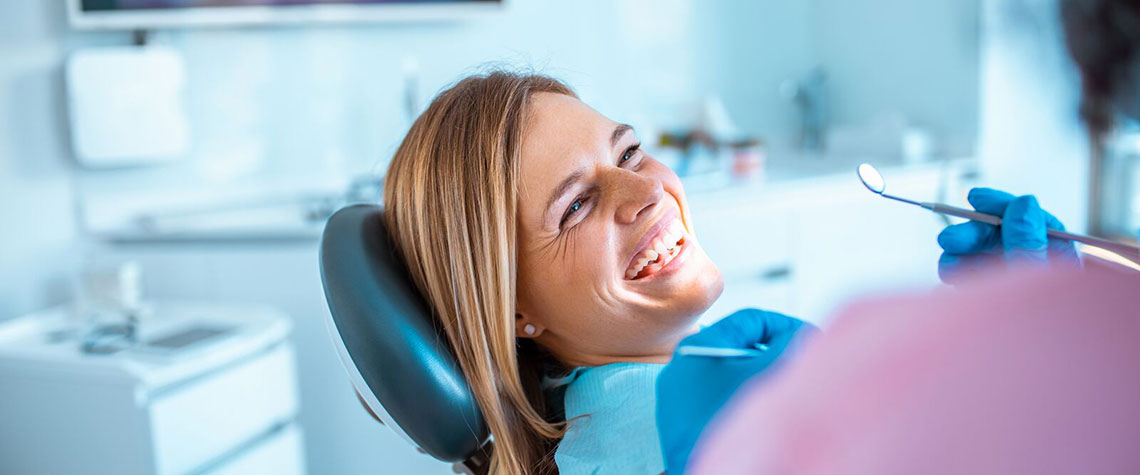From Bupa
Supporting employee recovery: combatting addiction and promoting oral health in the workplace

Addiction in the workplace is unfortunately more common than many people realise. As many as one in five working people could have a problem with alcohol or drugs.1 And according to research, between 3% and 5% of all work absence is caused by alcohol consumption.2 This can impact on workplace productivity, but smoking, alcohol and substance use also has worrying implications for your employees’ wellbeing - including their oral health.
Oral health may not be the first thing that comes to mind when we think about the effects of addiction, but it can lead to a range of problems including tooth grinding (bruxism), tooth decay gum disease and mouth cancer. Problems might arise from the effects of substance abuse itself or because the person struggling hasn’t felt able to practice good dental care and hygiene.
Maintaining good oral health can help those in recovery practice self-care, regain their sense of self-esteem and reduce their risk of developing serious health problems. Help your employees recover their smile
Thankfully there are things you as an employer can do to help your staff look after their teeth whilst they recover from addiction and get them back to performing at their best.
- Offer dental insurance as part of your employee benefits package to ensure dental care is accessible and affordable. Many organisations offer an Employee Assistance Program (EAP) which can support employees dealing with addiction but typically this doesn’t include dental care.
- Share our guide on overcoming anxiety about the dentist: https://www.bupa.co.uk/~/media/Files/Dental-PDF/Dental_Anxiety_Guide.pdf (PDF, 0.3MB). Visiting a dentist at least twice a year helps maintain good oral health. Many people feel anxious about visiting the dentist and this may be a challenge if they haven’t been for some time and feel worried or embarrassed about their teeth. Our guide provides useful advice on how to make the experience more comfortable.
- Tooth grinding (bruxism) is sometimes related to stress or anxiety and it may also have links to illegal drug use. This symptom could be worsened by stress in the workplace. You can help your employees by raising awareness of stress management techniques they can turn to help alleviate this symptom.
- Support your employees’ wellbeing and share information on substance abuse, quitting smoking, and reducing or giving up alcohol. You should also create a supportive working environment where employees feel able to discuss their health needs and encourage them to take proactive steps to look after their wellbeing and oral health.
- Offer healthy food choices to encourage your employees to eat a balanced diet which supports healthy teeth and gums.
1 https://www.bupa.co.uk/business/health-horizons/workplace-addiction
2 https://alcoholchange.org.uk/alcohol-facts/fact-sheets/alcohol-in-the-workplace


